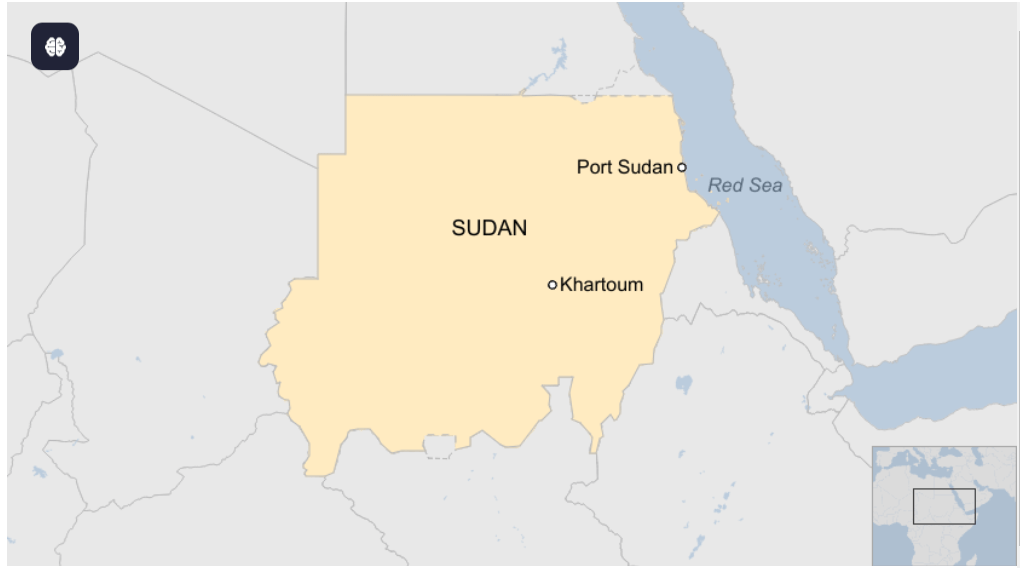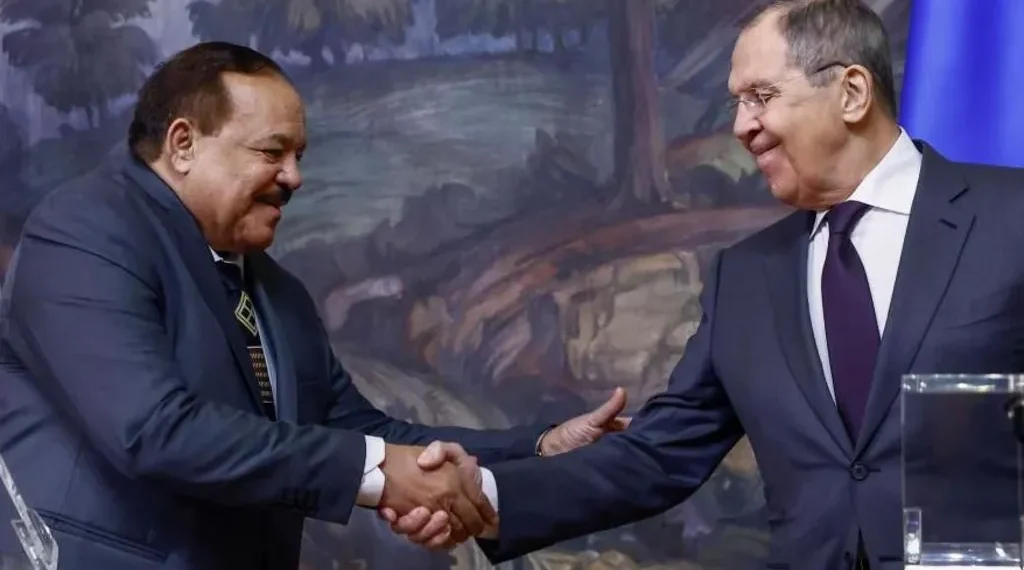Sudan has confirmed the finalization of a long-negotiated deal with Russia to establish a naval base along its Red Sea coast, with officials stating there are “no obstacles” preventing its implementation.
The agreement, initially discussed under former President Omar al-Bashir, had faced uncertainty following his removal, but Sudanese authorities now assert that they are in “complete agreement” with Russia on the matter.
Foreign Minister Ali Youssef announced the deal, emphasizing that only formal ratification remained. “Sudan and Russia have reached an understanding on the agreement regarding the Russian naval base,” Youssef stated during a press briefing in Moscow alongside his Russian counterpart, Sergei Lavrov. However, Lavrov refrained from commenting on the matter, leaving certain details undisclosed.
The Red Sea is a crucial maritime corridor, hosting naval forces from the United States, China, and France. Russia’s interest in securing a base in the region has grown over the years, particularly as its long-term naval presence in Syria faces uncertainty.
The agreement grants Russia a 25-year lease to establish a logistics hub in Port Sudan, allowing warships, including nuclear-powered vessels, and up to 300 personnel to be stationed there.
The project, originally signed in November 2020 following Sudan’s military takeover, had been in limbo due to the civil war that erupted in 2023. This ongoing conflict, marked by a brutal power struggle between the Sudanese army and the paramilitary Rapid Support Forces (RSF), has significantly impacted Sudan’s governance and international relations.
Despite these challenges, Russia has actively pursued engagement with both factions, solidifying its influence in Sudan.

Russia’s Expanding Footprint in Africa
Moscow’s efforts in Sudan are part of a broader strategy to deepen its presence in Africa, particularly through military agreements and economic partnerships. This push comes as Russia seeks alternatives to Western alliances, bolstering ties with nations willing to engage in strategic cooperation.
Following the dissolution of the Wagner Group, Russia has formalized its military involvement on the continent through the Africa Corps, a unit operated by its military intelligence agency.
These forces have been deployed in countries such as Burkina Faso and the Central African Republic (CAR), where Russia has provided security assistance and training in exchange for access to valuable natural resources like gold, oil, uranium, and diamonds.
CAR stands as a prime example of Russia’s growing influence, with the two nations signing a defense agreement in 2018. Russia has since proposed establishing a military base in the country, potentially accommodating up to 10,000 soldiers. In return, Russia has offered security guarantees, arms supplies, and economic collaboration to strengthen bilateral ties.
Beyond military cooperation, Russia is actively increasing its economic footprint in Africa. Trade between Russia and African nations reached $24.5 billion in 2024, with significant investments in energy and mining sectors.
Russian companies have played a key role in resource extraction, while increased grain exports have positioned Russia as a crucial supplier in the region’s food security efforts.
Moscow’s growing engagement reflects its ambition to challenge Western influence in Africa by offering alternative partnerships. Many African leaders view Russia as a strategic ally, leveraging historical ties and a shared desire to maintain political and economic independence from Western powers.
However, these partnerships are not without risks, as deepening relations with Moscow could expose nations to Western sanctions and economic instability.
As Russia solidifies its presence in Sudan and expands its reach across the continent, the geopolitical landscape in Africa continues to shift. With Moscow securing key military and economic agreements, it remains to be seen how Western powers will respond to Russia’s increasing foothold in the region.
READ ALSO: Barker-Vormawor Hails AG’s Approach to Prosecutorial Accountability



















